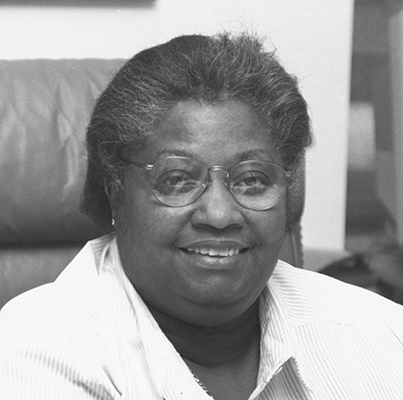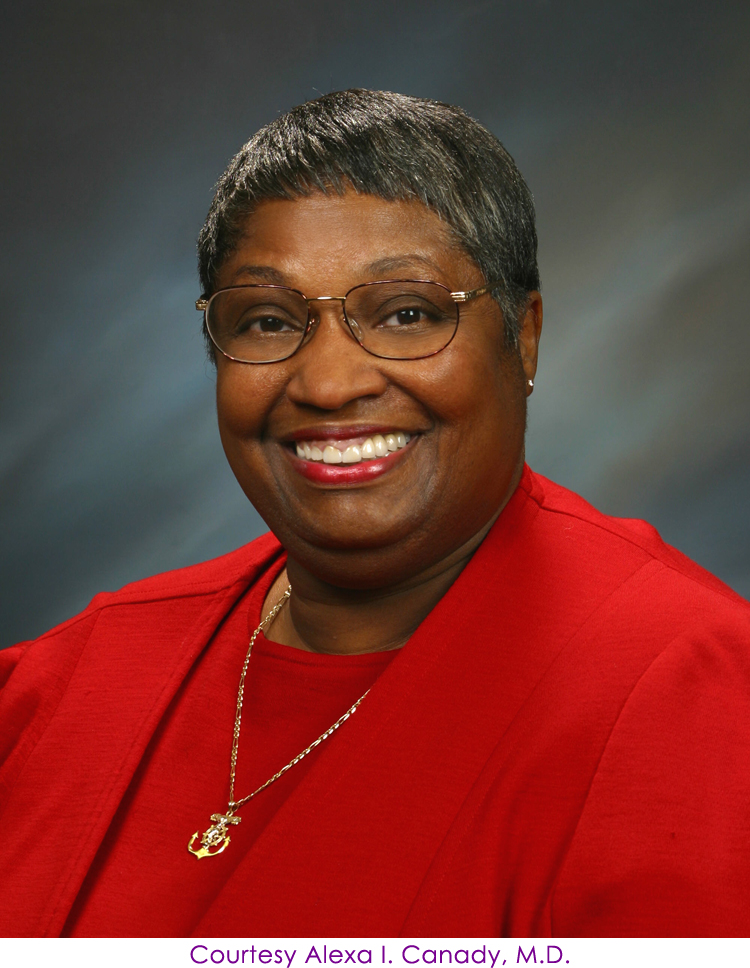Dr. Alexa Irene Canady broke gender and colour barriers by becoming the first American woman and first black person to become a neurosurgeon.
Canady was born in Lansing, Michigan to Elizabeth Hortense Canady and Dr. Clinton Canady, Jr., a dentist. She and her younger brother were raised in a suburb outside of Lansing where they were the only two Black students in their school.
Canady did well academically earning high scores in school. Before going to college Canady was nominated as a National Achievement Scholar in 1967.
She was discouraged from pursuing medicine but she wouldn’t yield. At the outset, Canady wanted to be an internist but she got fascinated by neurosurgery. She graduated from college in 1971 with a major in zoology and became a member of Delta Sigma Theta.
She was determined to pursue her goal of becoming a neurosurgeon and fortunately for her, she was accepted as a surgical intern at Yale-New Haven Hospital and graduated from medical school in 1975.

Just like many black women and men from the past and even to date, Canady was not spared from prejudice and dismissive comments.
As a young black woman completing her surgical internship at Yale-New Haven Hospital, on her first day of residency, she recalls tending to her patients when one of the hospital’s top administrators passed through the ward. As he went by, she heard him say, “Oh, you must be our new equal-opportunity package.”
Canady completed her internship in 1976 and moved to the University of Minnesota, as a resident of the university’s department of neurosurgery and became the first female African-American neurosurgery resident in the United States.
“Convincing the neurosurgery chairman that I was not a risk to drop out or be fired, a disaster in a program where there are only one or two residents per year was one of my hardest obstacles. I was the first African American woman in the department. Along with that, my other greatest obstacle was convincing myself that someone would give me a chance to work as a neurosurgeon,” she said.

By the time she completed her residency in 1981, she became the country’s first female African-American neurosurgeon. According to her biography, in 1984, Canady was certified by the American Board of Neurological Surgery, another first for a female.
Canady specialized as a pediatric neurosurgeon and would later become Chief of Neurosurgery at the Children’s Hospital of Michigan in 1987. Under her guidance, the department was regarded as one of the best in the country.
“I was worried that because I was a black woman, any practice opportunities would be limited,” Canady said. “By being patient-centered, the practice growth was exponential.”

Whilst serving at the Children’s Hospital, Canady conducted research and taught as a professor of neurosurgery at Wayne State University until her retirement in 2001.
She has specialized in congenital spinal abnormalities, hydrocephalus, trauma and brain tumors.
Upon retirement, Canady moved to Florida where she learned that there were no pediatric neurosurgeons in her area so she began to practice part-time at Pensacola’s Sacred Heart Hospital.
Throughout her 20-year career in pediatric neurosurgery, Dr. Canady has helped thousands of patients, most of them age 10 or younger.
In 1989, Canady was inducted into the Michigan Women’s Hall of Fame and in 1993 she received the American Medical Women’s Association President’s Award.
The following year, in 1994 she got the Distinguished Service Award from Wayne State University Medical School.
She is a member of the Congress of Neurological Surgeons, the American Association of Neurological Surgeons, the Society of Pediatric Neurosurgery, and the American College of Neurosurgery.
She has also been awarded three honorary degrees – doctor of humane letters honorary degrees from the University of Detroit-Mercy in 1997 and Roosevelt University in 2014, and also a doctor of science from the University of Southern Connecticut in 1999.
To celebrate her achievement of being the first African-American woman to become a Neurosurgeon, Dr. Canady was also featured in a Nickelodeon Black History Month short animation that aired in February of 2015.










